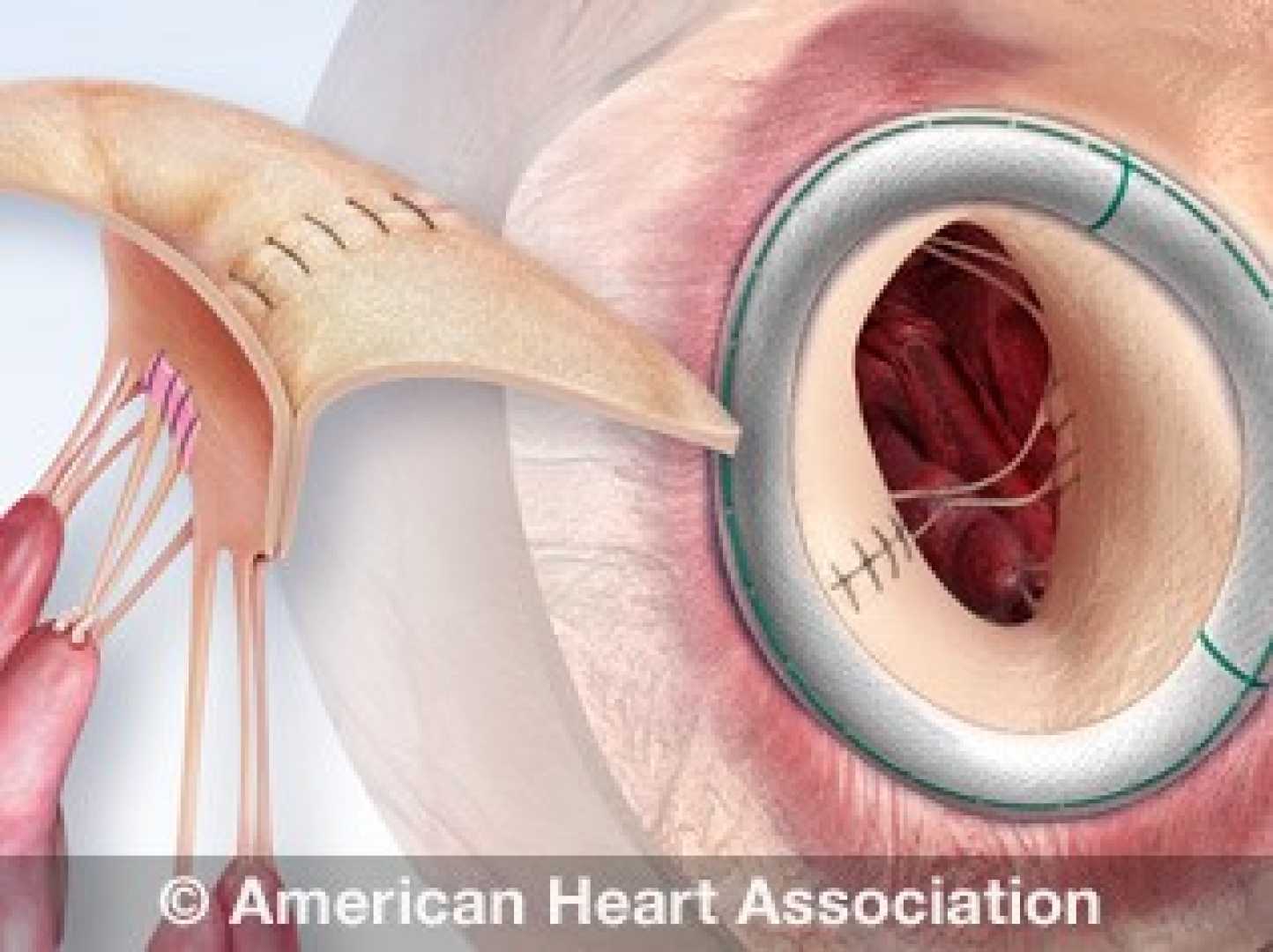Health
New Effort to Improve Aortic Stenosis Diagnosis and Treatment

DALLAS, November 3, 2025 — People living with aortic stenosis (AS) may soon receive earlier diagnosis and innovative care thanks to a new initiative from the American Heart Association. This effort aims to enhance clinical trial participation and facilitate quicker diagnosis of this common yet often underdiagnosed heart valve condition.
Aortic stenosis occurs when the aortic valve opening narrows, restricting blood flow from the heart to the rest of the body. If left untreated, it can lead to severe complications including heart failure and death.
The American Heart Association, dedicated to promoting healthier lives for all, is expanding its support for patients with moderate AS. The newly launched initiative will drive awareness and access to clinical trials in hospitals and heart valve clinics across the country.
“Aortic stenosis is a serious condition, yet too often, people go undiagnosed until the disease progresses,” said Dr. Sreekanth Vemulapalli, the Association’s volunteer project clinical leader and associate professor at Duke University. “Identifying eligible participants for new clinical trials and supporting research will help shape the future of care for those affected by this disease.”
This initiative, supported by Kardigan, uses the existing framework of the Association’s quality improvement network, which currently manages over 2,200 individuals with moderate AS. It plans to engage at least 40 hospitals and their affiliated clinics to connect more patients to research opportunities and promote innovative medical therapies.
“We’re proud to support this initiative that links patients with moderate aortic stenosis to promising research opportunities,” said Dr. Jay Edelberg, co-founder and chief medical officer at Kardigan. “Increasing access to clinical trials will help advance innovation and ensure that patients receive the diagnosis and treatment they need sooner.”
The American Heart Association will provide professional education, quality improvement tools, and support for clinicians to better identify and refer eligible individuals. Additionally, a climate survey will investigate barriers to trial enrollment and develop solutions to improve participation in structural heart disease research.












